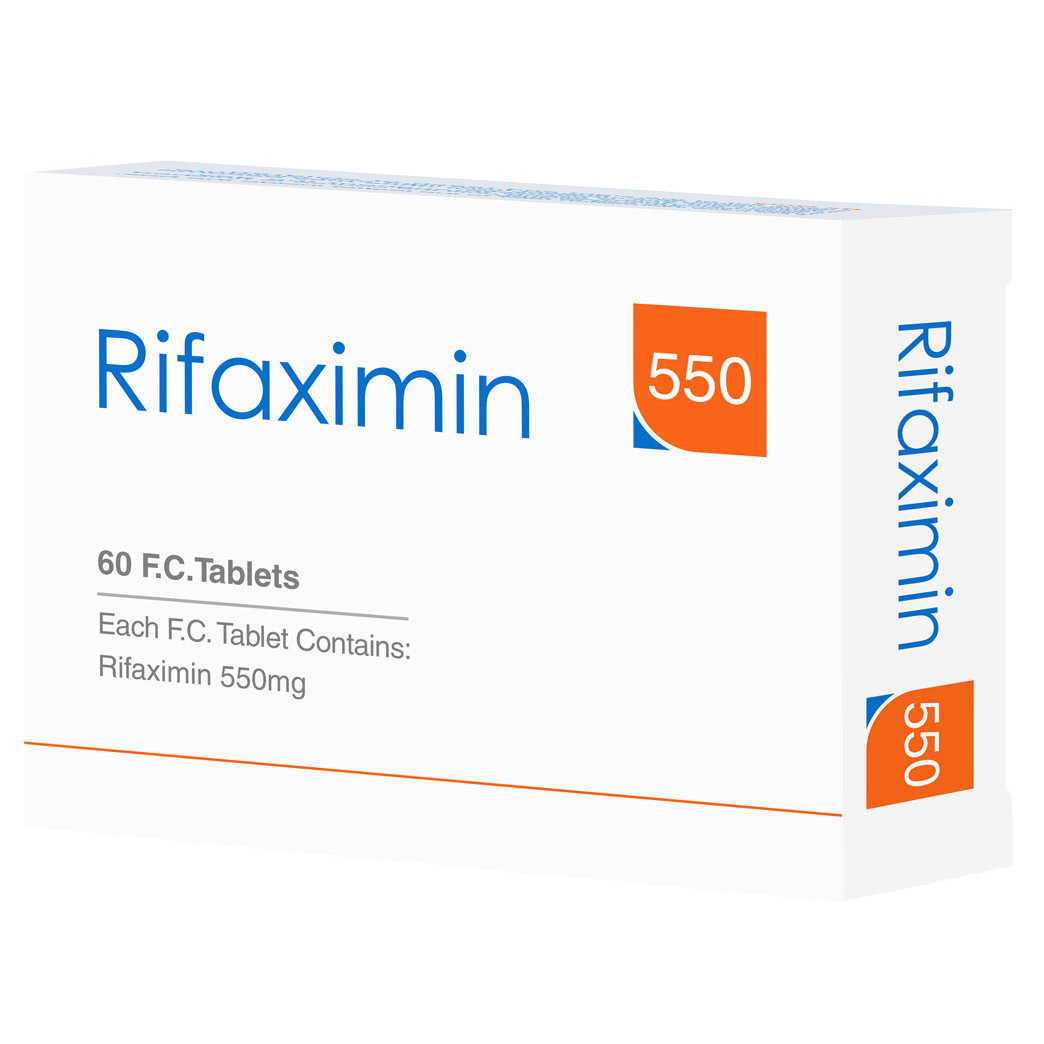10 Key Benefits of Choosing Rifaximin
Here are 10 compelling reasons why Rifaximin is widely used in clinical practice:
- Localized Action in the Gut: Rifaximin remains almost entire within the gastrointestinal tract, targeting harmful bacteria directly without entering the bloodstream—minimizing systemic side effects.
- Effective for IBS-D: Clinically proven to reduce symptoms of irritable bowel syndrome with diarrhea (IBS-D), Rifaximin helps restore gut balance and improve quality of life.
- Fast Relief from Traveler’s Diarrhea: It’s a go-to antibiotic for treating traveler’s diarrhea caused by E. coli, offering rapid symptom relief and a short treatment course.
- Prevents Hepatic Encephalopathy: Rifaximin reduces ammonia-producing gut bacteria, helping prevent episodes of hepatic encephalopathy in patients with liver disease.
- Low Risk of Resistance: Due to its non-systemic nature and targeted action, Rifaximin has a lower risk of promoting antibiotic resistance compared to many other antibiotics.
- Broad-Spectrum Antimicrobial: It’s effective against a wide range of gram-positive and gram-negative bacteria, making it versatile for various gut-related infections.
- Well-Tolerated with Minimal Side Effects: Most patients experience few side effects, typically mild and transient—such as nausea or bloating—making it suitable for repeated use.
- Safe for Long-Term Use: In conditions like hepatic encephalopathy, Rifaximin can be used safely over extended periods under medical supervision.
- Supports Gut Microbiome Balance: Unlike broad-spectrum systemic antibiotics, Rifaximin helps modulate gut flora without causing widespread disruption to beneficial bacteria.
- Convenient Dosing: Available in tablet form with straightforward dosing schedules, Rifaximin is easy to incorporate into daily routines.
If you’re considering Rifaximin, always consult your healthcare provider to ensure it’s the right fit for your condition and health profile.


